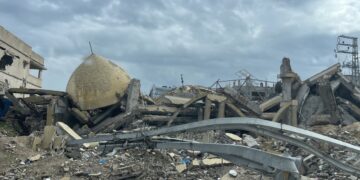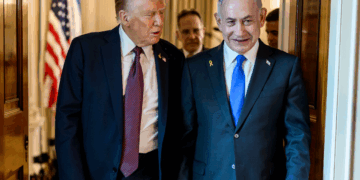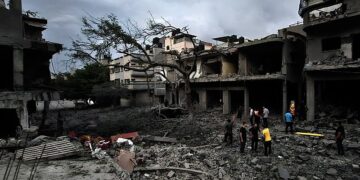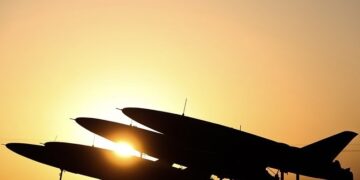December 17, 2024
Who lost more weapons—Russia in Syria or America in Afghanistan?
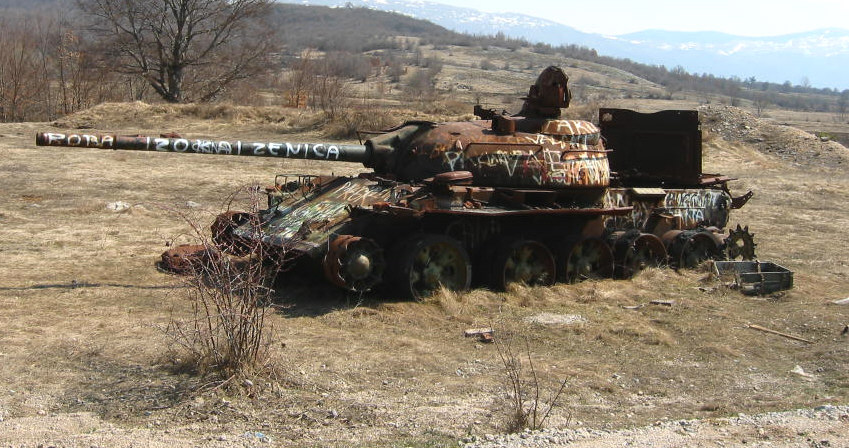
Jubilant rebels bloodlessly entering the capital, a president in flight, a stunned foreign patron negotiating the evacuation of its forces—this month’s collapse of Syria has more than a few parallels with that of Afghanistan three years ago. In both cases, the disintegration of government forces was sudden and total. It’s unclear how much of Assad’s weapons stockpile—most of which is composed of Soviet- and Russian-made arms—the victorious Hayat Tahrir al-Sham (HTS) rebels inherited, assuming the weapons survived last week’s Israeli air strikes aimed at destroying large parts of that stockpile, including warships, fighter jets, and ammunition dumps.
Complicating matters still further, additional weapons may have been left behind by Russian regular troops and mercenaries fleeing their outposts outside the major Russian bases in Tartus and Latakia, from where a more orderly evacuation of soldiers and kit is now taking place. One thing is clear: After decades of superpower sponsorship, both regimes left behind mountains of weapons and munitions supplied by their respective patron. But which patron lost more in its client’s collapse, the United States or Russia?
More on Middle East
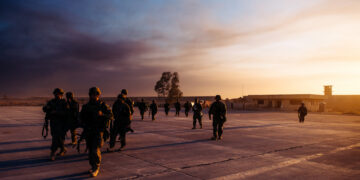
Featuring William Walldorf
September 28, 2025
Events on Syria



